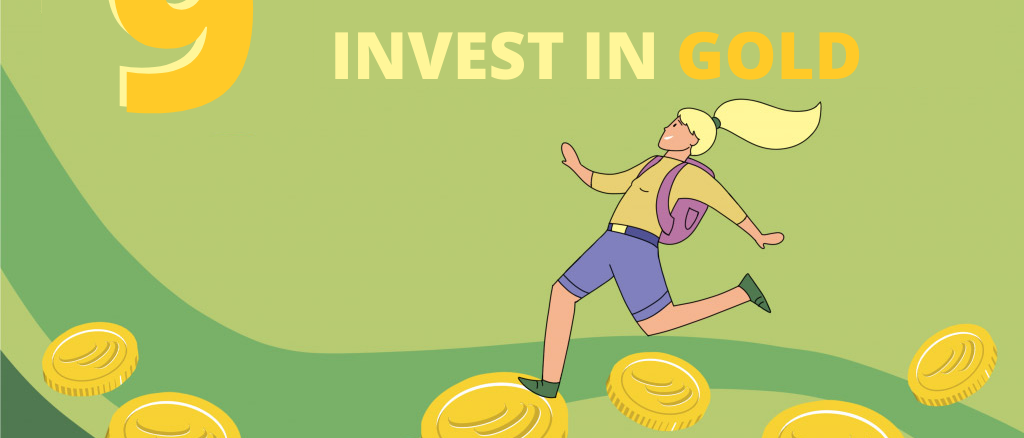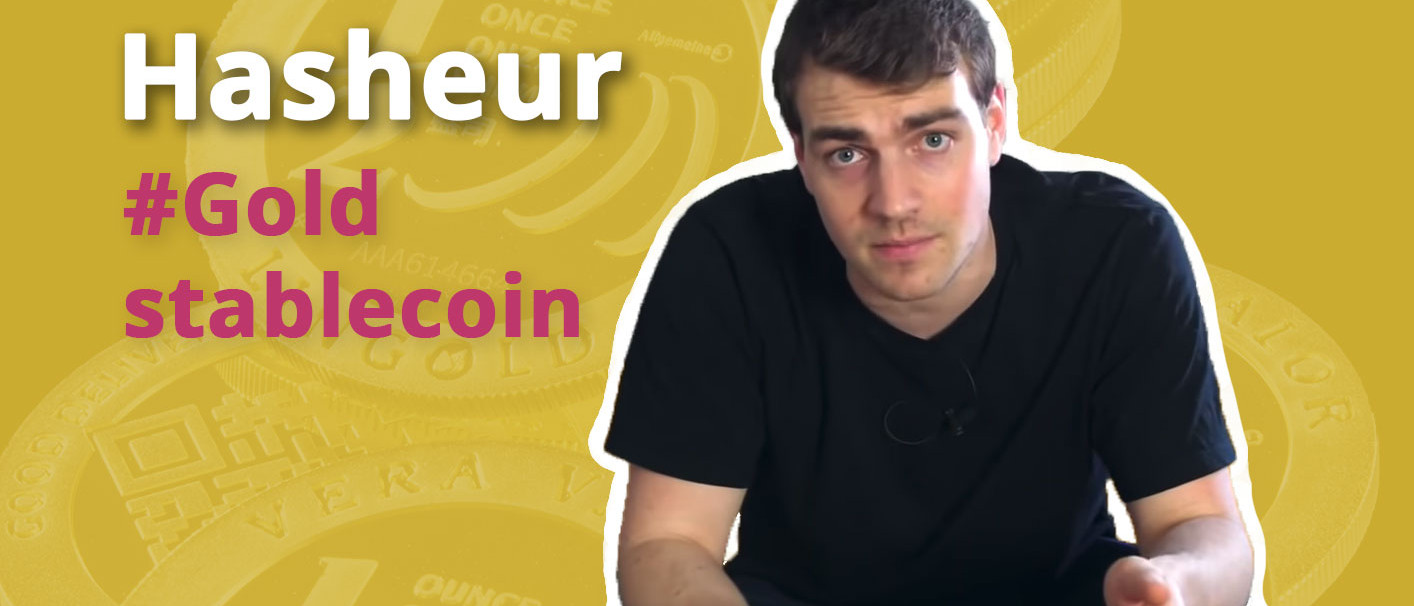“Don’t put all your eggs in one basket! ” I’m sure you’ve heard this popular expression. And it’s particularly apt when applied to savings, especially at a time of crisis. Why should we diversify our savings and, more importantly, what are the options? What should you invest in during a crisis? Here’s a roundup to help you understand how you can add a number of strings to your bow!
Why should you diversify your savings?
Let’s imagine our savings pot built up over several years of working life, possibly being topped up by some inheritance: those are the eggs. When everything’s going well, there’s no need to worry: the eggs are safely stored, huddled together in their wicker basket. Ideal for a peaceful stroll. But as soon as you trip on a stone, disaster! You fall violently, the basket crashes to the ground, as do all the eggs. This metaphor illustrates exactly what happens when you entrust all of your savings to investments that can be at risk in the event of a financial crisis. Shares, life assurance or bonds: in the event of bankruptcy, your savings could disappear. However, if you keep your eggs in several different baskets, you have a much greater chance of hanging onto the majority of your savings. As long as you choose the right baskets!
What are the options for diversifying savings?
Let’s look at the example of Christine and Laurent: these two lead an active life and are approaching their fifties. They have built up a savings pot over several years. The changes to their daily lives as a result of the pandemic have enabled them to put a little more money aside. They’re not the only ones: according to the Bank of France, the French have been able to set aside nearly 200 billion euros in 2020 and 2021. Indeed, the Bank of France recently announced a savings rate of 22% for the year 2020, when it is usually more like 15%. But at the same time, as with so many other people, Christine and Laurent are worried about the financial difficulties that could be on their way. Once again, they’re not alone, as demonstrated in an INSEE survey carried out in February 2021.
Precautionary savings, yes, but what kind?
The golden rule of investment is the preservation of capital. You could also say that the silver rule, in this case, is to diversify your savings! Investing in property to secure your future is generally a good alternative. For Christine and Laurent, who already own their house, this isn’t really applicable. They have also considered a buy-to-let property, but the rental market is not doing so well with the backdrop of the pandemic to contend with. Additionally, if the property isn’t rented out, this makes the investment less appealing, and it takes time to sell the property if you need to release the funds quickly: around 3 months of conveyancing before the funds can be transferred to a bank account.
Other options: placing their savings in a simple savings account (like the Livret A in France) with an interest rate that doesn’t even cover inflation, in a PEL (a regulated savings plan designed to save up for purchasing property) with limited returns and difficulty in withdrawing funds quickly, or investing in life assurance (with medium cashflow). They consider stocks and shares to be too risky an investment. And they’re right: during financial crises, the value of stocks and shares can plummet so quickly that there is no time to act.
What are the consequences during a financial crisis?
Since the start of the COVID-19 crisis, there have already been some worrying events. Do you remember the stock market crash in March 2020, right at the beginning of the COVID-19 crisis? It’s always useful to examine how a financial crisis affects savings and investments.
- Livret A (easy access savings plan), LDDS (sustainable development savings plan), LEP (popular savings plan for people on lower incomes): the savings are fully protected by a government guarantee,
- PEL (Property savings plan) or CEL (Property savings account), livret jeune (for young people) or current accounts and unregulated bank accounts: money in these accounts is protected by the Deposit guarantee scheme up to a value 100,000 euros per person and per banking establishment.
- Life assurance: the capital guarantee applies to funds held in euros.
However, even if savings are protected by the government or by the Deposit guarantee scheme, underwritten by the French deposit insurance and resolution fund (FGDR), it must be borne in mind that it may still take some time to recover the savings. And this doesn’t include losses related to the 100,000 euro limit for the Deposit guarantee scheme, and the risk that the government might put certain restrictions in place to prevent a run on banks in the event of bank failure. Limited withdrawals, blocks on foreign transfers: an experience that the Cypriots and Greeks have already been through.
Precious metals: solid gold as a savings option
Choose a resilient option for your savings.
Gold and silver are precious metals with a special status for savers: they are safe havens – assets that retain their value even in times of crisis. Their value can even be boosted by a crisis, as was seen over the last few months of the pandemic. This special status is nothing new, of course. Gold and silver have been used as currency for centuries (in fact, for millennia) for both international trading and even just plain old cash. When you choose to protect your savings using precious metals, you shouldn’t see it as a speculative investment – precious metals don’t generate interest or dividends – but as something with a stable and resilient value. Exactly what we’re looking for in a complicated economic climate with an uncertain future. When you find out that the gold you hold with VeraCash is stored (in vaults) at Geneva Free Ports, whilst still being readily accessible, you realise that it’s the best option when choosing a safe basket for your eggs.
But also for easy access to your cash!
Another factor to consider is access to your savings. Savings that can be accessed immediately mean that your daily expenses and unexpected costs can be managed. Property, for example, just can’t meet this need for accessibility: it takes several months to sell a property, not to mention the fact that the sales proceeds go straight into a bank account. Of course, savings held in a bank account should be accessible, but what happens if it’s no longer available, for example if there is a limit on withdrawal amounts?
One of the requirements when we designed VeraCash was to provide easy access. Savings in gold and silver remain accessible in the form of currency that can be transferred from person to person or between individuals and companies. These savings can then continue to fulfil their role as a cautious investment, even when banks are failing.
My job: I'm in charge of developing effective digital content strategy
My mission: to provide you with informative content, popularise the use of precious metals and promote VeraCash
You might be interested in
7 October 2020
Nine good reasons to invest in gold
Gold has been shining brightly for the past few months. It even set a new all-time high this summer at over $2,000 an ounce. Can investing in gold in…
26 June 2020
Gold-backed stablecoin: the differences between VeraOne and VeraCash
Learn more about our new project: VeraOne, a stablecoin based on physical and real gold! We explain all the differences between VRO and VeraCash

